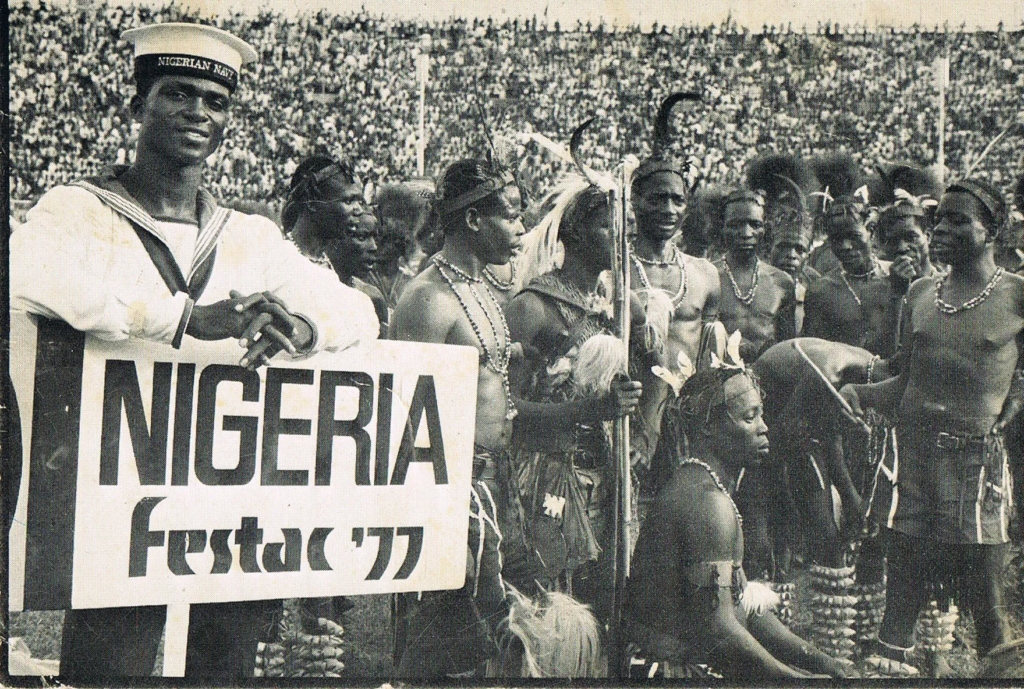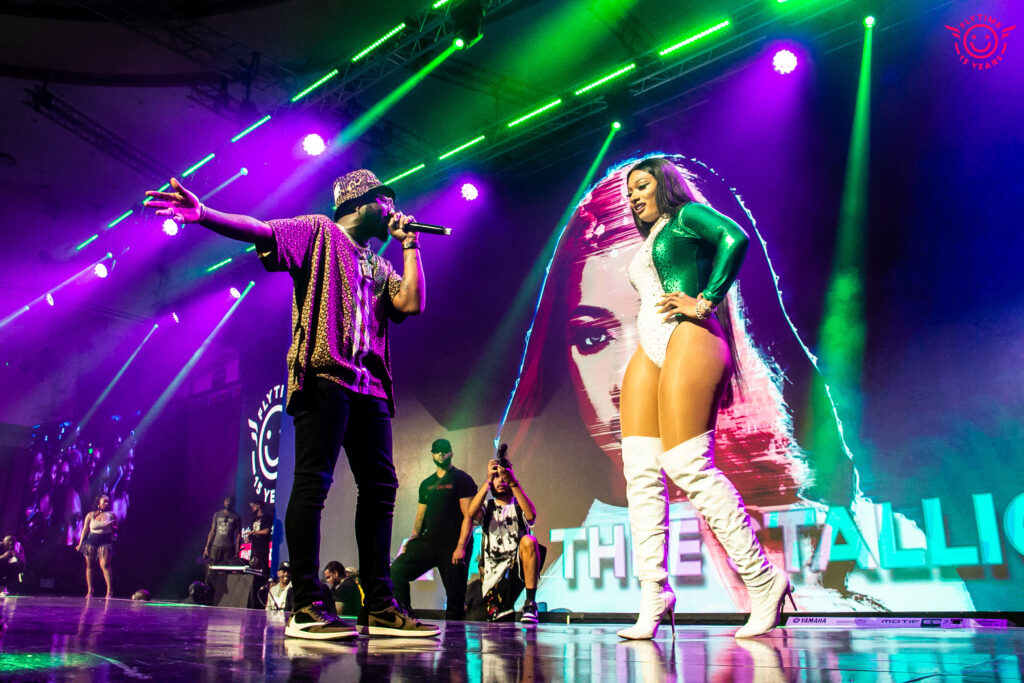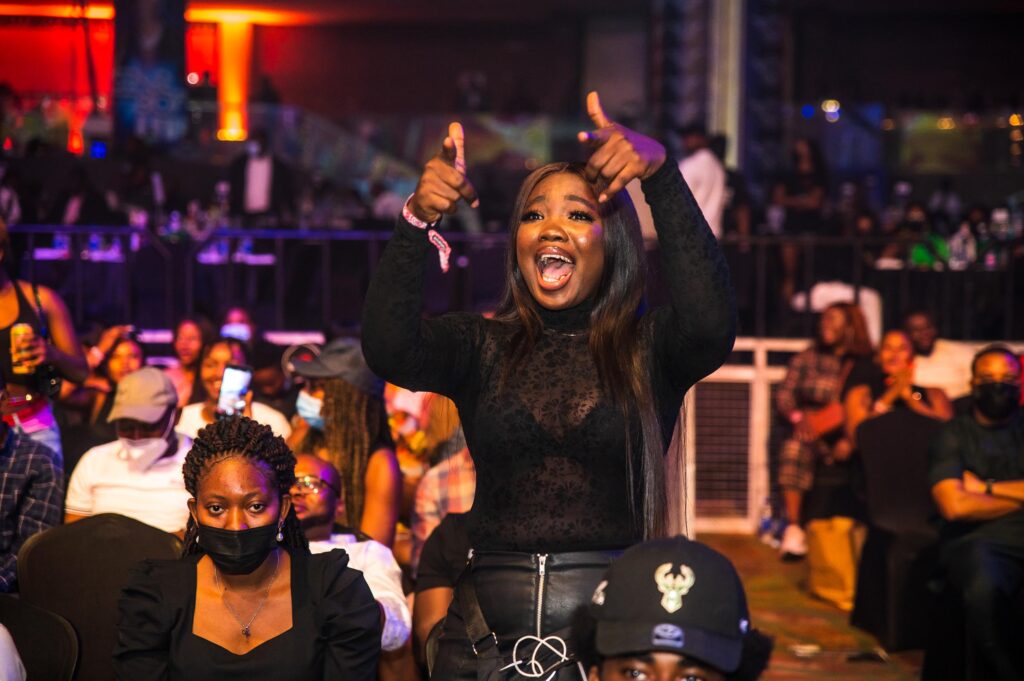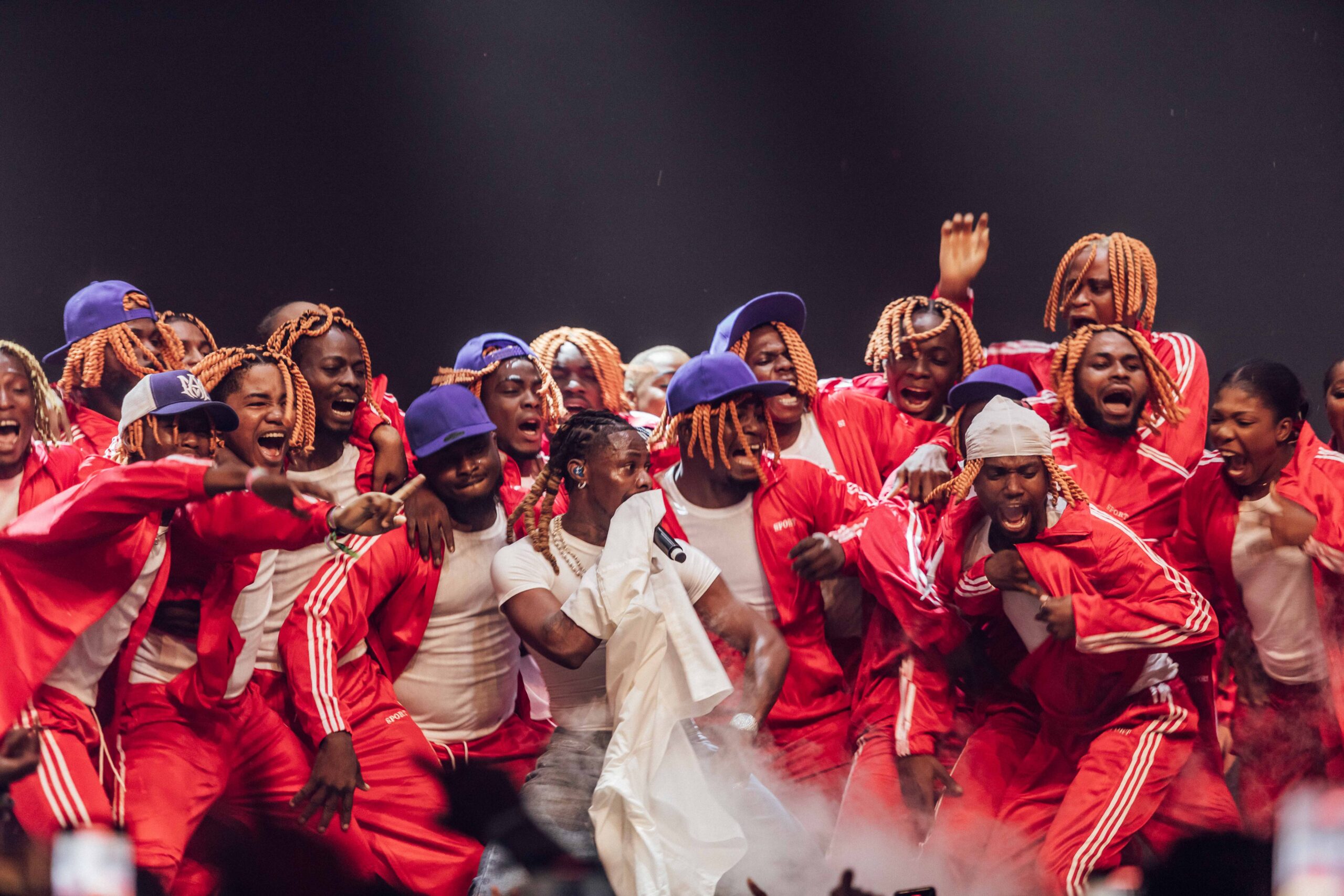Music Festivals in Nigeria: Unearthing its Roots and Relevance
Music has always wielded a powerful influence in Nigeria, and its music festivals are a testament to this. From intimate gatherings to grand international showcases, these festivals serve as vibrant celebrations of Nigeria’s rich cultural heritage. They showcase a diverse range of genres and talent, making the nation’s music scene truly unique. Over the years, Nigerian music festivals have grown in prominence, attracting artists, enthusiasts, and cultural explorers alike. They now serve as invaluable platforms for artists and audiences to immerse in live music’s magic.
A Journey Through Time: Early Music Festivals in Nigeria

Nigeria can trace back music festivals to the 1960s, a period of cultural awakening in the country. During this time, the country laid the foundations for music festivals. These early festivals played a crucial role in showcasing the diverse musical talents of Nigeria to the world.
One of the notable early music festivals in Nigeria was the Nigeria Independence Day celebration in 1960. The event celebrated Nigeria’s independence from colonial rule at the Federal Palace Hotel, Lagos. This event included Nigerian musicians, such as Chris Ajilo and Victor Olaiya, who became iconic figures in Nigeria’s music history. The celebration served as a platform for these artists to express their musical prowess and spread messages of unity, liberation, and cultural pride.
Another landmark event was the Festac ’77 (Festival of Arts and Culture). This notable festival took place in Lagos from 15 January 1977 to 12 February 1977. As part of the Second World Black and African Festival of Arts and Culture, it showcased the richness and diversity of Nigerian and African culture. It featured performances from various art forms, including music, dance, theatre, and visual arts. Festac ’77 provided a platform for Nigerian artists to connect with their African counterparts and fostered cultural exchange among various countries.
CULTURAL SIGNIFICANCE AND IMPACT

These early music festivals set the stage for the growth and evolution of the music scene in Nigeria. They provided a platform for artists to experiment with different musical styles, fuse traditional sounds with contemporary influences, and express their artistic visions.
The festivals also played a significant role in shaping the identity and pride of Nigerians in their cultural heritage, as they showcased the richness and diversity of Nigerian music to both Nigerian and international audiences. They provide a platform for artists to showcase their creativity, connect with fans, and gain wider recognition. Nigeria’s vibrant music scene attracts visitors from far and wide, serving as catalysts for tourism. Additionally, music festivals contribute to the growth of the economy, creating job opportunities and boosting the entertainment industry.
The Evolution of Music Festivals in Nigeria

Over the years, music festivals in Nigeria have evolved in terms of scale, diversity, and audience participation. Felabration and Rhythm Unplugged, both launched in 2004, are now iconic annual events with stellar lineups and immersive experiences. Paying homage to the legendary musician Fela Kuti, Felabration, a week-long extravaganza, commemorates his legacy of music and activism. Felabration’s electrifying beats of Afrobeat transcend entertainment, addressing social and political issues, carrying forward the torch of Fela’s unwavering spirit.
Rhythm Unplugged stands out as a transformative platform, propelling numerous Nigerian artists to national and international fame. Davido, Wizkid, and Tems have graced the Rhythm Unplugged stage, their performances becoming pivotal moments in their journey to stardom.
Flytime Fest: The Intersection of Tradition and Innovation

Rhythm Unplugged has evolved to become an integral part of Flytime Fest, an annual multi-day music festival launched in 2017. Under Flytime Fest, Rhythm Unplugged gained more prominence, blending its rich legacy with the festival’s grand scale and diverse offerings. As a flagship event of Flytime Fest, Rhythm Unplugged attracts a massive audience from all corners of Nigeria and beyond.
On the international front, Flytime Fest has welcomed an array of global icons. The festival has showcased international talents like Bobby Brown, Bell Biv Devoe, Boyz II Men, Megan Thee Stallion, Ne-Yo, and Trey Songz. Additionally, Flytime Fest has hosted outstanding performances from acclaimed artists such as Asake, Tiwa Savage, Burna Boy, Rema, Omah Lay, Ayra Starr, Wande Coal, P-Square, 2Baba, and Tion Wayne, creating a diverse and unforgettable musical experience for festival-goers. Flytime Fest sets new benchmarks for Nigerian music festivals, curating a diverse blend of homegrown talents and international sensations. This embodies unity and elevates Nigeria’s position on the global music stage.
The Legacy Continues: Honouring the Pioneers

As we eagerly anticipate the next edition of Flytime Fest, one can only imagine the extraordinary lineup of artists that the festival organizers have in store. With a reputation for consistently delivering unparalleled entertainment, Flytime Fest remains a beacon of musical excellence, perpetuating the celebration of music, culture, and creativity in Nigeria.
Today, the legacy of these early music festivals continues to inspire and influence the vibrant music festival landscape in Nigeria. The spirit of celebration, cultural expression, and artistic excellence that characterized these events live on in contemporary festivals like Flytime Fest. As we embark on the journey of Flytime Fest and anticipate the upcoming 2023 event, we pay homage to the pioneers and trailblazers who laid the foundation for the music festival phenomenon in Nigeria. Their contributions have not only shaped the music industry but have also contributed to the cultural identity and pride of the nation.


Leave a Reply